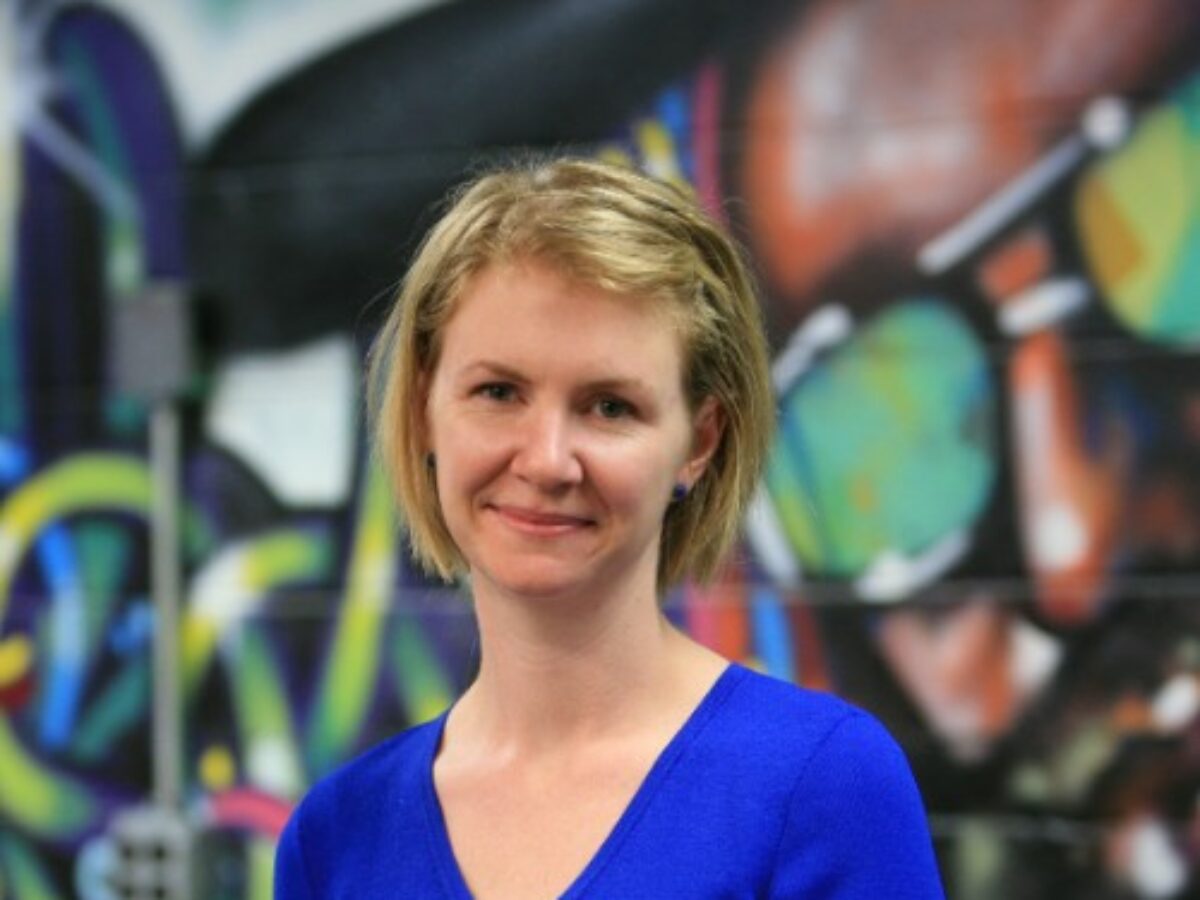A new deal plan for manufacturing – now is the time for a Circular Economy in the manufacturing industry

Our campaign to crowd source a new deal plan for manufacturing has welcomed comment on any topic relevant to Australian manufacturing now and into the future. Today, Anna Minns reminds us that the circular economy movement should not be forgotten.
There is a pool in London that has been used by recreational swimmers since the 17th Century known as the Hampstead Heath ponds.
The ponds are natural swimming pools – the water is cleaned by plants and shrubs on the periphery of the pool – fish in the reservoirs feed the plants and the whole ecosystem works like a naturally occurring spa. There is no chlorine, no creepy crawly, no pool boy – it is it’s own closed loop.
Hampstead Heath ponds are a simple example of something that seemingly occurs naturally that we would love to appear in our lived economic environment – the idea and promise of a circular economy.
Nature is a perfect and regenerative system where there is no waste and everything supports and nourishes everything else. This is in contrast to how we've organised our economy to a model of take, make and throw away.
In Australia and around the world we face huge challenges – of declining natural resources and growing waste. The EU has compiled a list of critical raw materials, and they include things like sand, natural rubber and many that are needed for an energy transition. At the same time that we are running out of natural resources we are creating an unprecedented amount of waste. By 2050 it is predicted that there will be more plastic than fish in the worlds oceans. We have a new crisis now with the Covid19 pandemic, and the issue of disrupted supply chains.
Our current linear model is not sustainable. Now is the time to not only restart a lot of local manufacturing, but also to reconsider the resources we use and how they are sourced.
In a circular economy things are designed, manufactured, sold, used and collected at the end of their life in a way that closely mimics nature. Products are designed to last, to keep them being used, and old products and materials are collected and used as the materials for new products. Resources continue to be utilised in a continuous loop.
As the covid19 pandemic wreaks havoc around the world, global supply chains have failed in many areas (most notably in medical supplies), and they will continue to be unreliable as the virus spreads into different regions and countries. Organisations will start relying more heavily on local suppliers allowing for new, and existing, local manufacturers to flourish. We can ensure we do this as smartly and sustainably as possible by encouraging businesses to make the most out of exisiting materials and resources, those we currently consider waste.
Manufacturers can consider their own waste and how best to reduce it in their processes, or how the waste produced by another company could become the raw material used in a their manufacturing process and products and vice versa.
A circular economy is vital to the health of our environment, and it will also allow manufacturers in Australia to reduce their costs and make the most out of valuable materials and resources. According to the Ellen MacArthur Foundation, by 2025 about $1 trillion per year of materials cost savings could be generated from circular business models. And it will also be a major driver of job creation and economic growth. Accenture predicts it could unlock $4.5 trillion of additional global economic output by 2030.
Transitioning to a circular economy is going to be led by people, entrepreneurs and businesses that find a better way to do things, than relying on the same supply chains and same wasteful way things have always been done. The ponds are a positive and optimistic example of what is possible when people come together and build in long term solutions that allow for resilient and sustainable models and ecosystems. And our manufacturing industry, businesses and community can all benefit.
Anna Minns is co-founder and CEO of Boomerang Labs, Australia's first Circular Economy accelerator.
@AuManufacturing's new deal plan for manufacturing is brought to you with the support of Bosch Australia Manufacturing Solutions

Subscribe to our free @AuManufacturing newsletter here.
@aumanufacturing Sections
Analysis and Commentary Awards casino reviews Defence Gambling Manufacturing News Online Casino Podcast Technology Videos





